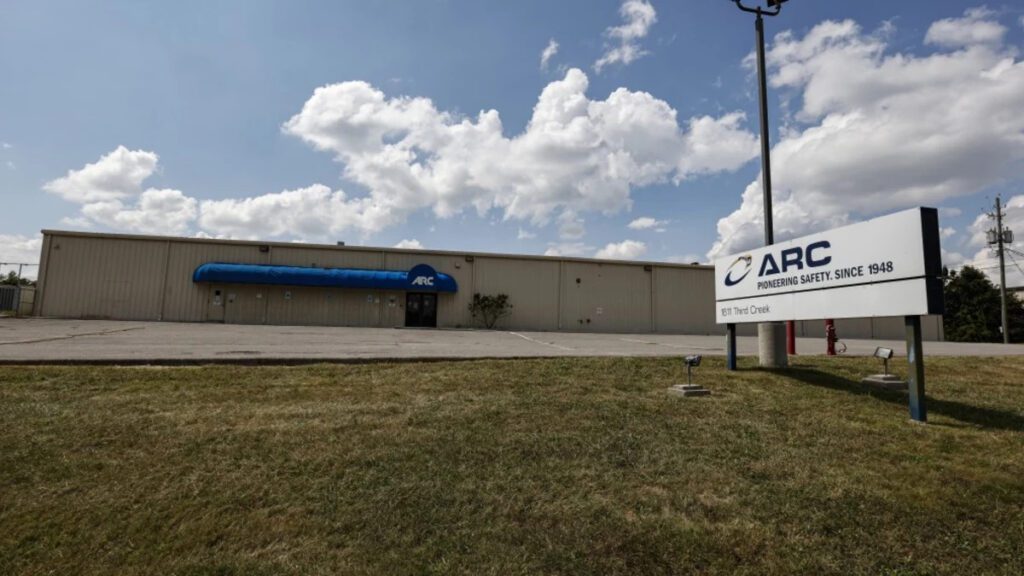NHTSA moves toward a forced recall of 51 million airbag inflators

U.S. regulators took a step toward forcing a recall of as many as 51 million airbag inflators they have said could explode in a crash, an escalation of a safety issue that has plagued the auto industry for years.
The National Highway Traffic Safety Administration on Wednesday issued a “supplemental initial decision” saying it considers the parts defective after a lengthy comment period and industry pushback. The agency named Knoxville, Tennessee-based ARC Automotive Inc. and the former Delphi Automotive Systems LLC as the manufacturers of the flawed airbags.
Representatives for ARC did not immediately reply to a request for comment. The closely held company has refused to issue a widespread recall even after regulators recommended it do so in May 2023.
NHTSA said it’s giving interested parties an 30 additional days to comment on its latest action. The airbags involved have been used by at least a dozen car manufacturers, including General Motors Co., Stellantis NV, Volkswagen AG and Hyundai Motor Co. GM recalled in May almost 1 million vehicles from 2014 to 2017 that are equipped with ARC inflators.
NHTSA has said it identified at least nine cases of ruptured airbag inflators that led to injuries, including two deaths, dating from 2009 to as recently as March of last year.
Delphi Automotive, which no longer exists as an independent company, sold its airbag business to a unit of Sweden’s Autoliv Inc. in 2009. NHTSA said it “has not verified the entity that has legal responsibility” for the Delphi inflators.
The situation echoes the sprawling recall of more than 100 million defective airbag inflators made by the now-defunct Takata Corp., which was the biggest auto recall in US history. While the ARC problem appears to be unrelated, the prospect of recalling tens of millions of vehicles to get repairs would be a significant burden on the industry and car owners.


